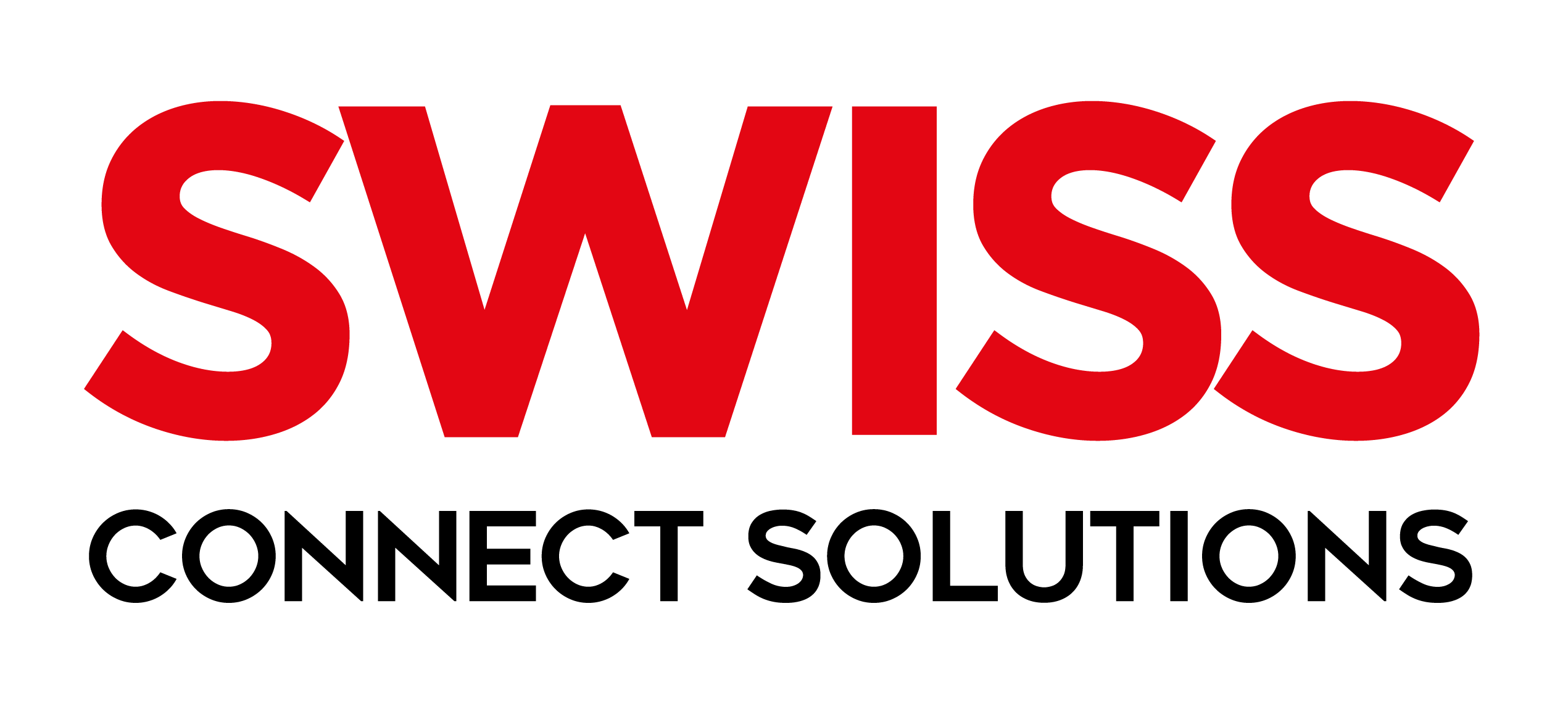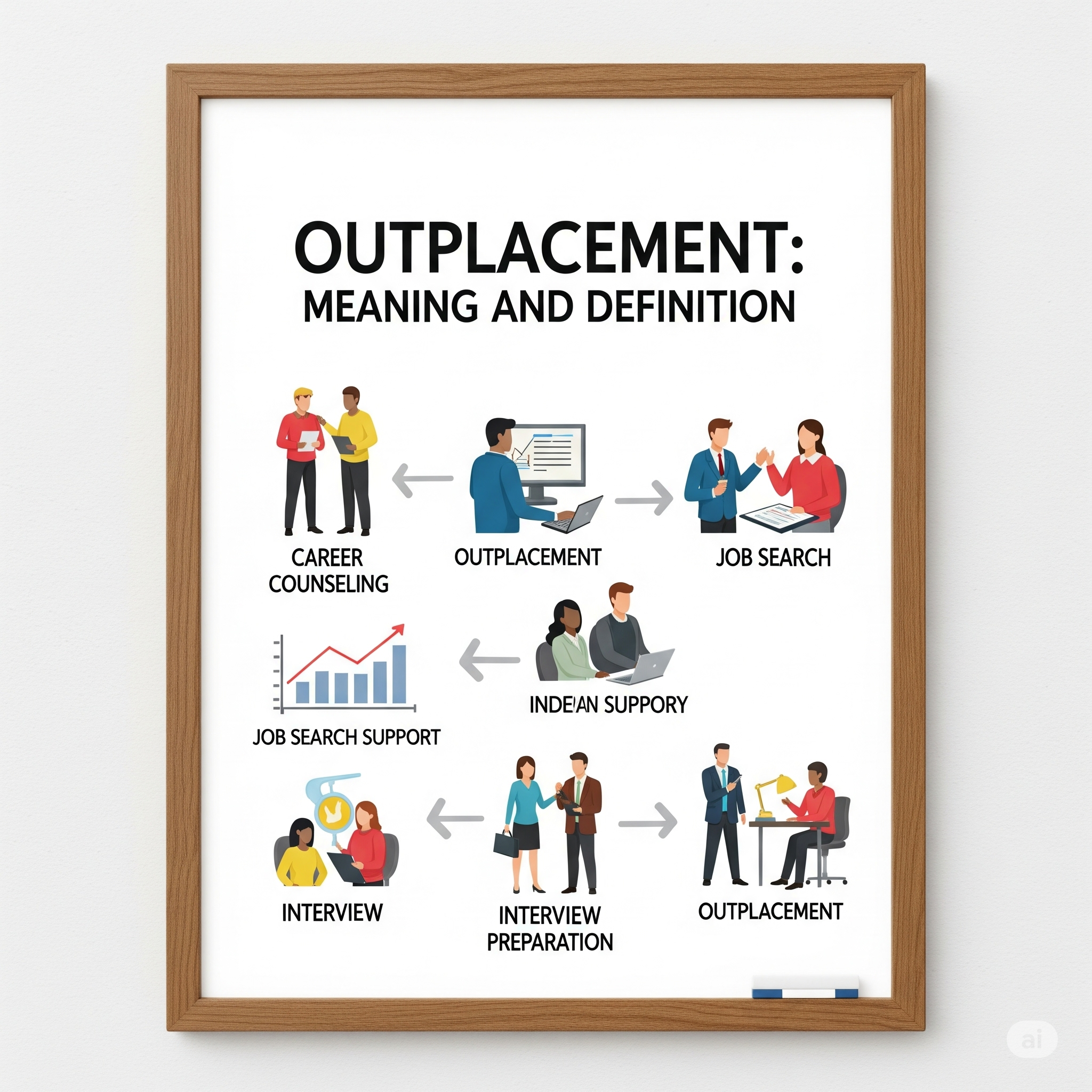In the ever-evolving world of work, organizations sometimes face the difficult decision of letting employees go—due to restructuring, downsizing, mergers, or economic downturns. While layoffs are never easy, how companies handle them can make a big difference. That’s where outplacement services come in.
Outplacement is more than just a corporate buzzword—it’s a critical support mechanism that helps employees transition smoothly to their next job opportunity. But what exactly does it mean?
What Is Outplacement?
Outplacement is a service provided by an employer—often through a third-party firm—to support former employees in finding new employment after they’ve been laid off or made redundant. It typically includes career counseling, resume writing, interview coaching, job search support, and sometimes access to job boards and networking resources.
In short, outplacement is about helping people move forward after a job loss.
The Goal of Outplacement
The primary objective of outplacement is to:
- Support displaced employees during their career transition.
- Maintain the employer’s reputation and brand image.
- Reduce legal risk by demonstrating fair and supportive termination practices.
- Boost morale among remaining employees who may fear for their own job security.
What’s Included in Outplacement Services?
Outplacement services can vary depending on the provider and the package, but typically include:
- Career Coaching: One-on-one sessions with a career coach to identify strengths, set goals, and plan the job search.
- Resume & LinkedIn Assistance: Help with building a strong resume and optimizing online professional profiles.
- Interview Preparation: Practice interviews and tips to improve confidence and performance.
- Job Search Strategy: Guidance on networking, applying for jobs, and accessing hidden opportunities.
- Emotional Support: Counseling or coaching to help employees cope with job loss and regain confidence.
Some outplacement services are offered in person, but increasingly they are delivered through digital platforms, making them accessible regardless of location.
Why Outplacement Matters
1. For Employees
Losing a job can be emotionally and financially devastating. Outplacement provides practical tools and emotional support to help individuals bounce back faster.
2. For Employers
Offering outplacement shows compassion and responsibility. It helps maintain the company’s reputation, especially in the age of online reviews and social media. It also helps reduce the risk of backlash or litigation.
3. For Company Culture
When remaining employees see that their colleagues are treated with dignity during layoffs, it builds trust and preserves morale.
Is Outplacement Only for Large Companies?
Not at all. While large organizations often have established outplacement programs, small and mid-sized businesses can also offer outplacement support, either through consulting firms or digital platforms. Even a few sessions with a career coach can make a big difference.
Final Thoughts
Outplacement is a humane and strategic way to handle workforce transitions. In a world where employer branding and employee experience matter more than ever, offering this support can turn a difficult situation into a dignified departure—for everyone involved.



